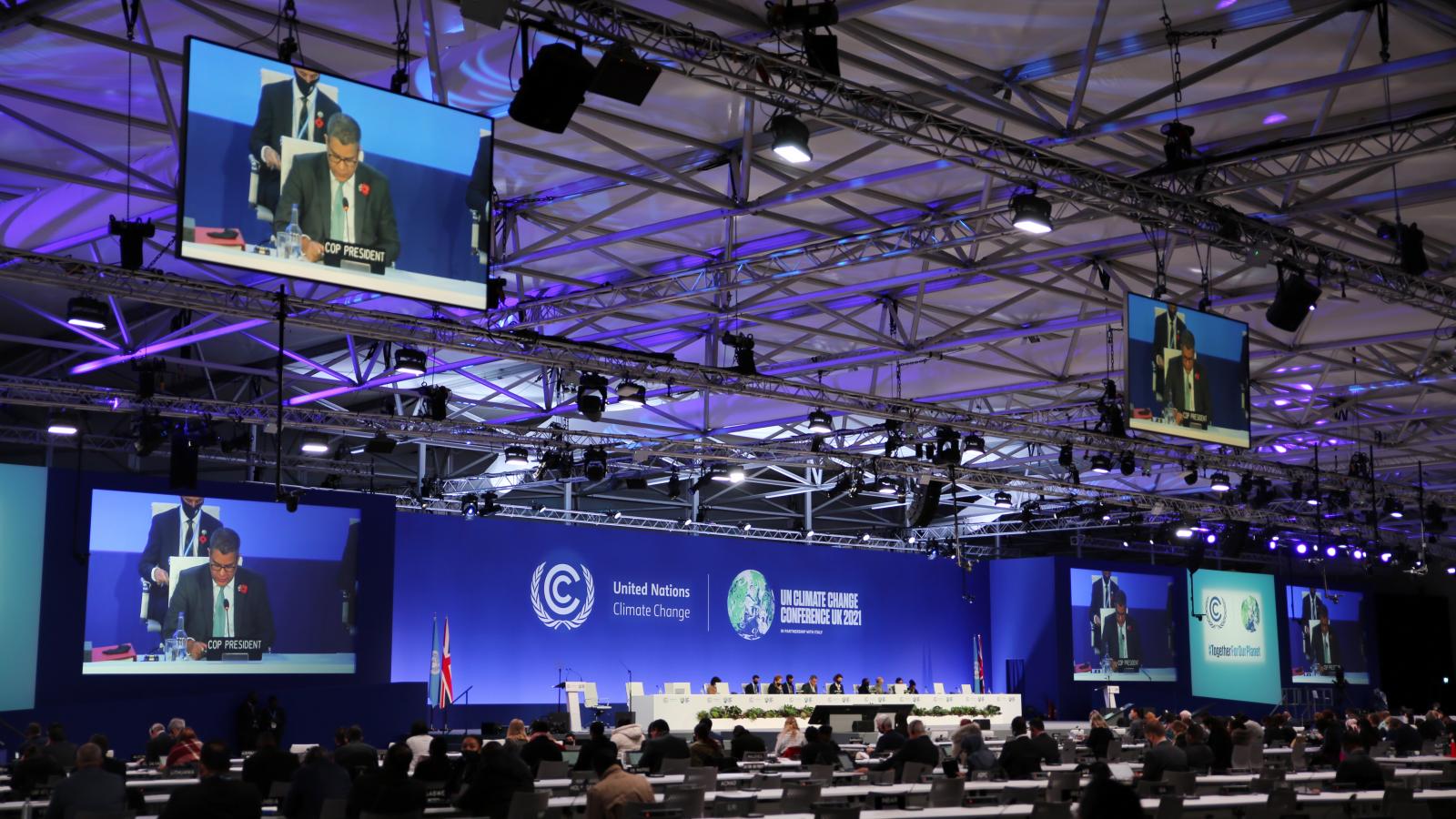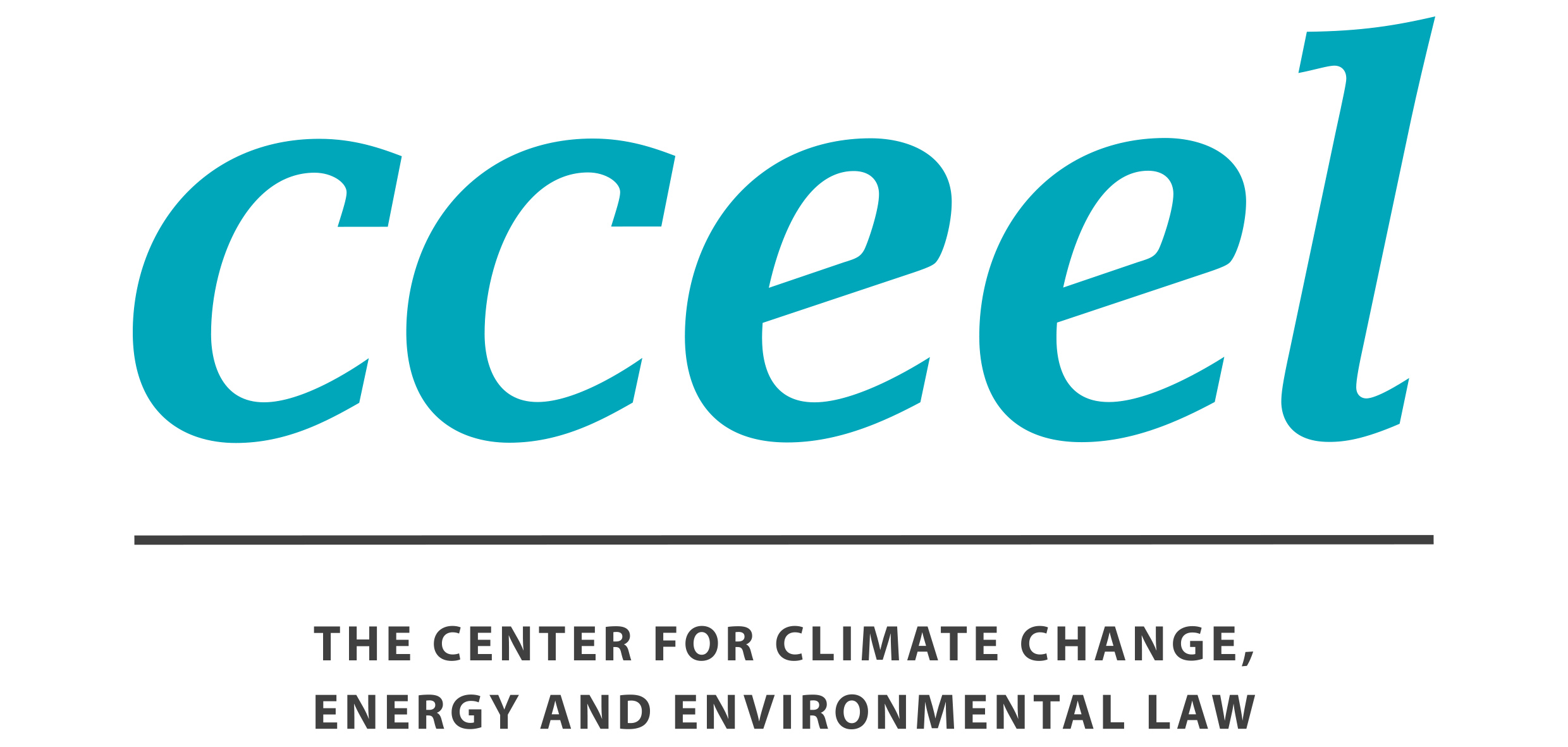Signs of Crystallization in Climate Law: Recent Judicial and Institutional Developments
By Reza Maddahi, Doctoral Researcher The End of Constructive Ambiguity For much of the past three decades, international climate law operated under a form of constructive ambiguity, with treaty language calibrated to maintain broad participation even at the cost of precision and enforceability. Between 2023 and 2025, however, this dynamic began to shift. A series […]
Keeping up with Article 6 of the Paris Agreement – The path towards Baku COP29
By Sara Tolonen, PhD Candidate The emerging Article 6 carbon market architecture The Subsidiary Body for Implementation (SBI-60) and Subsidiary Body for Science and Technological Advice (SBSTA-60) of the United Nations Framework Convention on Climate Change (UNFCCC) held their intersessional meetings in Bonn on 6-13 June 2024, with a continuing focus on making progress on […]
“Historic” or “Historic Failure”? Fossil Fuels at COP28
By Harro van Asselt, Professor of Climate Law and Policy. First published in the EJIL:Talk! Blog on 28 December 2023. Another climate change COP has come and gone. As has become quite common by now, a complex set of intergovernmental negotiations are ultimately reduced to a fight over one particular issue. At the UN Climate Change Conference […]
Climate COP-28: What is all the hype about, what exactly is it that COPs do in legal terms?
By Tuula Honkonen, Senior Lecturer of International Law. First published in the 2035Legitimacy blog on 1 December 2023. In the advent of yet another UN Climate Change Conference, it is relevant to ask what these massive gatherings produce in legal terms. What exactly are the COP decisions that are the main legal outcome of the […]

The way forward for gender-responsive climate adaptation in International Climate Law
By Raihanatul Jannat, PhD Candidate. First published in the FMI’s Climate Bulletin: Research Letters on 21 February 2023 Due to existing multi-dimensional social injustices, some gender groups experience climate change more unduly than others. It is therefore necessary that international climate law is intersectional and gender-responsive. Currently, on one hand, legal provisions developed under the […]

Beyond COP26: Time for an Advisory Opinion on climate change?
By Annalisa Savaresi, Kati Kulovesi and Harro van Asselt. First published in the EJIL:Talk blog on 17 December 2021. The recent Glasgow Climate Change Conference (COP26) provided a stark reminder of the gap between states’ planned greenhouse emission reductions and the global temperature goal enshrined in the Paris Agreement. The conference also dramatically showcased once more the plight […]

Breaking a taboo: Fossil fuels at COP26
By Dr. Harro van Asselt, Professor of Climate Law and Policy. First published in the EJIL:Talk! blog on 26 November 2021. For nearly 30 years, the international legal regime addressing climate change has kept largely silent about the major driver of the problem it seeks to address: fossil fuels. The Glasgow Climate Change Conference (COP26) […]

The ‘Glasgow Turn’: A shift toward more ocean-inclusive climate policy
By Dr. Ellycia Harrould-Kolieb, Postdoctoral Researcher in Climate Law and Policy While there has been much talk of the disappointing end to COP 26 (the 26th meeting of the Conference of the Parties to the United Nations Framework Convention on Climate Change (UNFCCC), there has been a notable shift in the language used by the […]

COP26: What to expect?
By Nicola Sharman, PhD Researcher. First published in the 2035Legitimacy blog on 28 October 2021. On 1 November, delegates from around the world will come together for two weeks at COP26 in Glasgow, Scotland, to discuss the international response to climate change. After a one-year delay due to the pandemic, the Glasgow conference marks a […]

The Global Methane Pledge: a timely new step in global climate governance
Photo by Markus Branse on Flickr By Harro van Asselt, Professor of Climate Law and Policy and Veera Pekkarinen, PhD Researcher The latest report by the Intergovernmental Panel on Climate Change (IPCC) once again highlighted the need to drastically cut our greenhouse gas emissions to avert climate disruption. While for many years, measures to tackle […]
